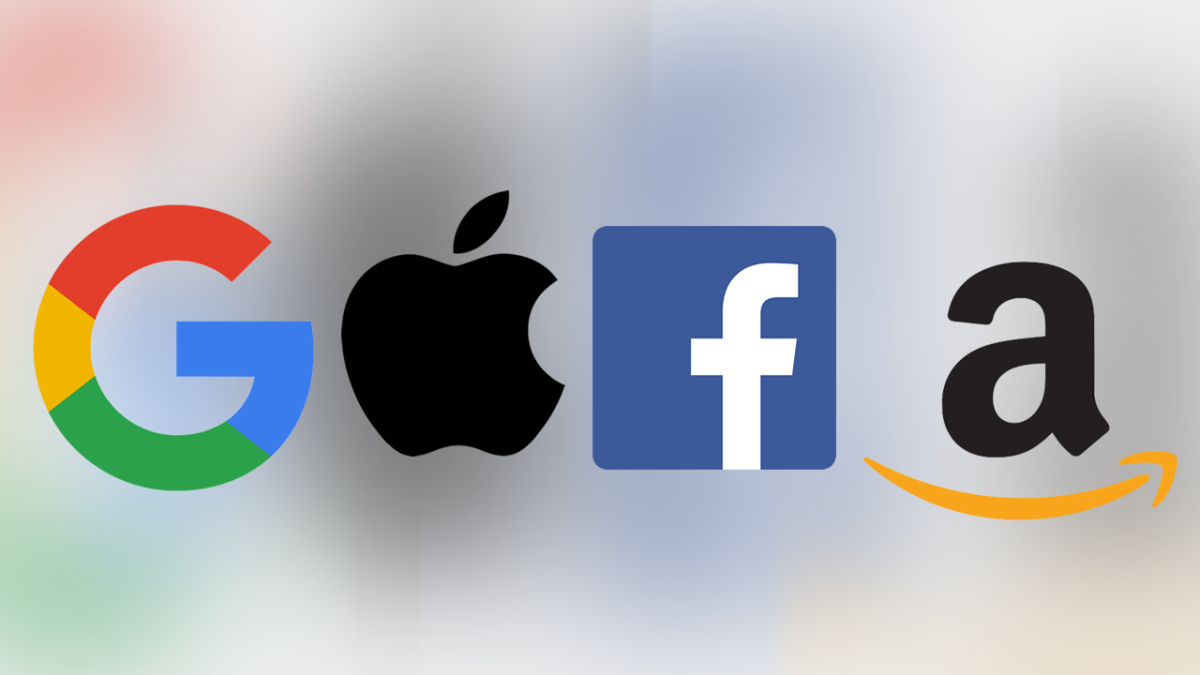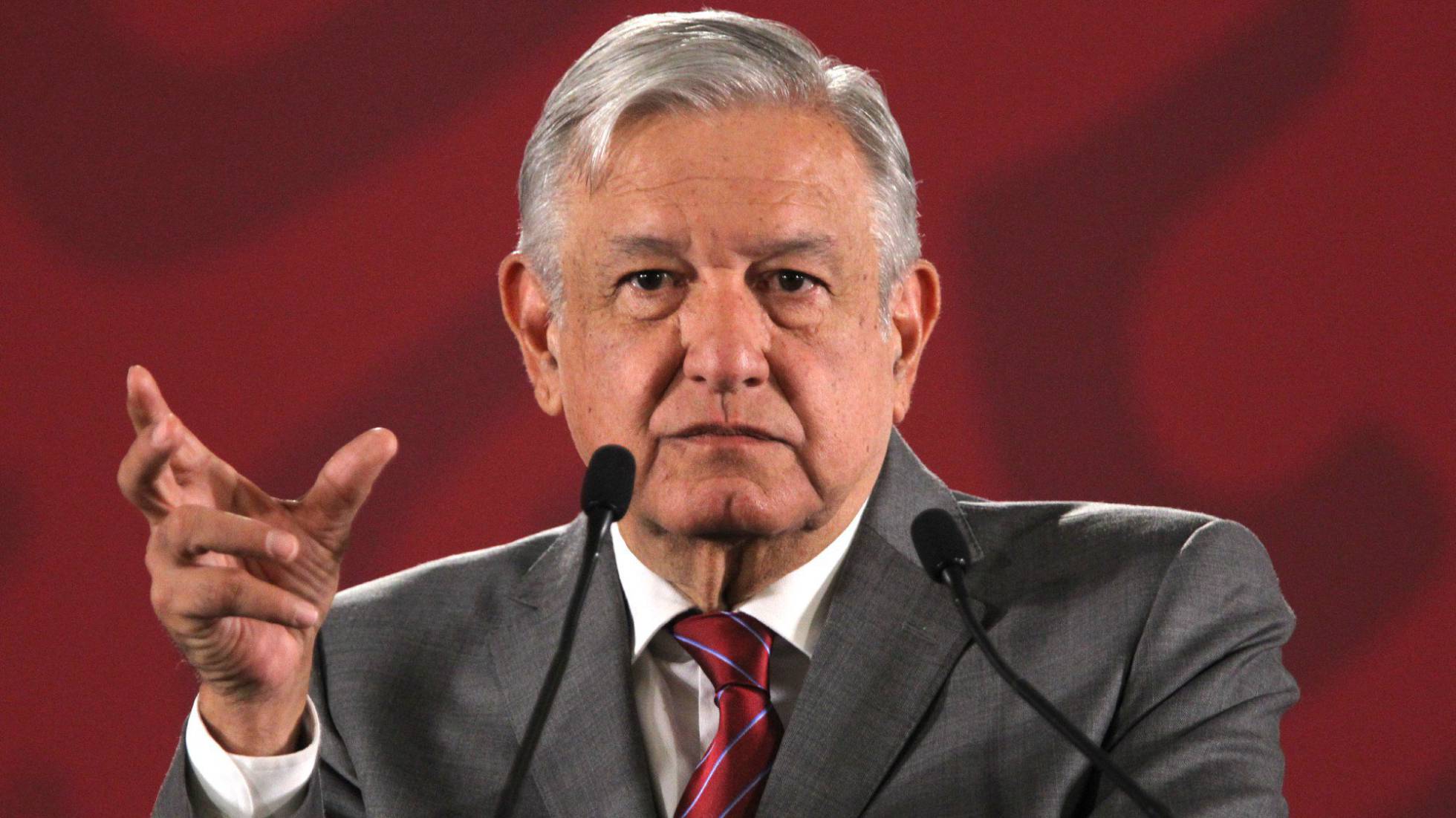No Soft Fight
On Sept. 11, 2001, two airplanes, which had been hijacked by terrorists, hit the Twin Towers of the World Trade Center in New York, and in doing so, initiated a brand new era. In this new era, terrorism is no longer considered the lot of individuals and fanatics caught up in a super-idea. Despite carefully imitating the presence of conviction, it is in no way ideological. Instead, it is highly technological, orchestrated, and geared towards producing a media event. Terrorism has changed its format and has started to align with the rules of business.
Thus, for a relatively long time, the fight against terrorism in this new era has seemed contradictory, to say the least; it has facilitated the spread of terrorism rather than eradicated it. Of course, fighting terrorism isn’t easy since, unlike a state, it is non-subjective, often invisible, and not necessarily restricted to one territory. However, attacks carried out by the U.S., including those under the pretext of fighting terrorism, have only given powerful impetus to the development and strengthening of extremist organizations.
The U.S. invasion of Afghanistan temporarily removed the Taliban from power, but, as it turns out, this was not forever. Without agreements with them, it is impossible to fully withdraw American troops from the country, and the U.S. is currently trying to close a deal with yesterday’s enemies. Furthermore, the invasion of Iraq undoubtedly led to the emergence and expansion of Islamic State (an organization which is banned in Russia) and consequently predetermined the future turmoil of the entire Middle East.
Nevertheless, this situation had already been predicted at a theoretical level. In 1992, Fukuyama foretold modernity being stripped of ideology as a result of the devaluation of ideologies in “The End of History and the Last Man.” Two years before that, Joseph Nye outlined the relevant rules for the new coordinate system in his book “Bound to Lead,” which focuses on the role of the U.S. as the only remaining superpower since the United Soviet Socialist Republic left the stage. As is well known, he predicted that “soft power” would dominate in the new reality, which could in many ways undermine, and even overthrow, traditional “hard power.”
The importance of this premonition makes itself understood if attention is paid to the party that holds one or the other type of power. That is, “hard power” is characteristic of the state, i.e. in its legal and military structures. “Soft power” means nothing here; it is pointless for the state to seek the affection of non-taxpayers. This is different for corporations. For them, it’s about consumers. It is completely unimportant where the consumers pay their taxes, but their affection has a quantitative expression in profits. “Soft power” only concerns these corporations.
In other words, Nye predicted that in the new mono-polar reality, the global space and its rules will be shaped by corporations rather than by states. Those, as the more archaic forms, will fade into the background.
And, as a matter of fact, with regards to 1990, Nye was right in many ways. The ‘90s became a period of global expansion for transnational corporations, but primarily for American companies.
Fukuyama was also right in that corporations, unlike states, are beyond ideology. Unlike states, corporations cannot be subjected to international law for the very reason that they can declare bankruptcy and disappear. Theoretically speaking, these companies could use any methods within the international space while carrying zero responsibility.
Any imbalance, however, generates a counter trend. It’s logical that the decade of expansion of American corporations, which sought the affection and dedication of global consumers, culminated in the trauma of 9/11, which then brought about a response in the form of an overturn of the entire order.
Now, terrorism is nothing other than the bleak underside of this “soft power,” where, instead of affection and dedication, it is horror and a readiness to fight that is being demanded from consumers. In this regard, it was just a matter of time before terrorism came to be organized as a corporate activity.
In fact, this even explains the phenomenon of modern terrorism, which is manufacturing fake piety and imitation fanaticism. Extremists must somehow disguise their main goal: extracting profits. This is how, for example, the activities of Somalian pirates, who have been heard of the world over, have prompted many shipping companies to change their routes. The Panama Canal is now preferable to the increasingly dangerous Suez Canal.
It’s clear that terrorism, as a business, has the most destructive effect on the international-legal reality. It’s also logical that Russia, where the state has preserved its central role in relation to corporations, was the one to begin the uncompromising fight against it. It is a fight with all its inherent craving for legitimacy and international-legal purity. The government finds it easier and more natural to call the bandits bandits and proceed to destroy them, without waiting until they turn into a direct threat to the security of the country.
Interestingly, as Donald Trump gains power in the U.S., the balance in his competition with these very corporations is slowly but surely changing in his favor. At least under Trump, the United States has not yet got itself involved in a new war, and Washington is trying to minimize the extent of American military presence in active locations. It’s quite possible that this will at some point lead to the restoration of the previous order, in which the interests of the country are defined first by the government and only then by corporations, and for which “soft power” remains essential, but is not the central instrument of power.


